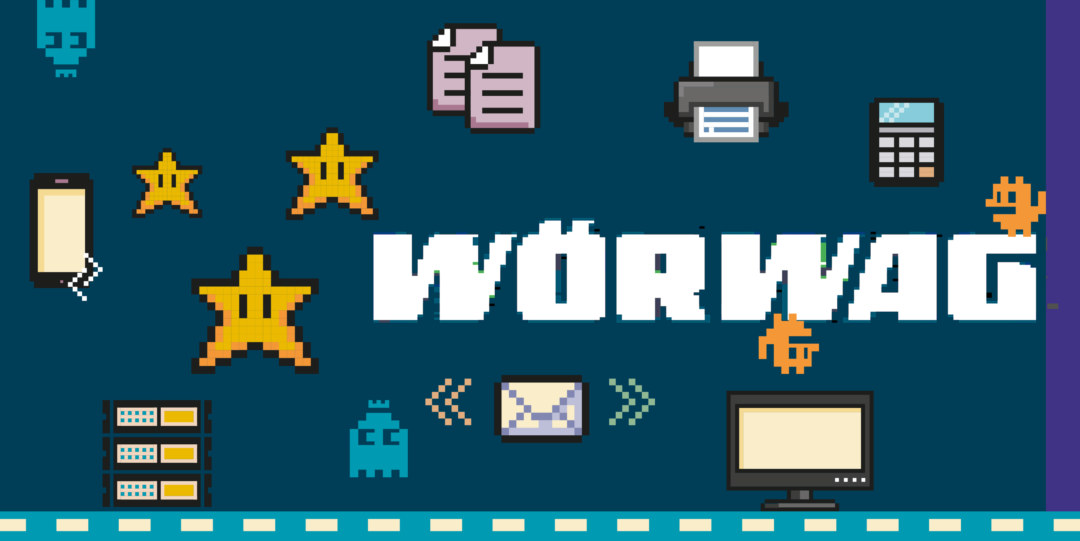The IT people at Wörwag often feel like the secret agent, who doesn’t know what awaits him on the next level.
“There’s no typical workday for us,” confirms Klaus Fellmeth, Head of Group Companies & IT. “One call, one email changes everything.
Every month we get roughly a thousand support queries.” 80% of the problems can be resolved by IT staff immediately or within in a short period of time. The other problems take longer to solve, because they affect multiple computers and programs.
Only one requirement always stays the same: “The IT has to work. It’s like with electricity, no one asks where it comes from. It simply has to be there,” underscores Fellmeth, who together with his nine employees shores up the company’s growth course from a technological standpoint.
“Nowadays the sun never sets on the Wörwag world.” With operations in Europe, the US and China, among other places, some systems have to be running around the clock.
Otherwise orders cannot be recorded, delivery slips and invoices cannot be issued. “We organize most of it with our own staff here in Germany,” says Fellmeth of the Herculean, not to say Sisyphean, task. Work that can only be handled on site is generally outsourced to external service providers.
One measure of the computing power is the speed of light. In Zuffenhausen it takes a millisecond for a signal from the server to reach the user via fiber optics.
The transmission of the same signal to the US stretches to 110 milliseconds. By comparison: The blink of an eye takes 150 milliseconds.
“We create the technical prerequisites so that such delays play no part in the course of the company’s work,” says Fellmeth.
But the power of IT is not only expressed in reaction times. The tasks in themselves are also much more diverse than they are in the computer game.
Fellmeth’s team is responsible for the provision and management of the entire infrastructure of hardware and software, including the lines, servers, desktop computers, printers, 233 smartphones, firewall and applications.
Many jobs are completed behind the scenes, from the user’s perspective. And the requirements change all the time, too. The IT department increasingly assumes a coordinating function.

“We are on the way to becoming technical consultants,” prognosticates Fellmeth.
“There will be fewer and fewer in-house systems, but at the same time we’ll help colleagues in the core business map their processes optimally.” Administrator Sebastian Birmelin summarizes the issue with a sly wink: “We are responsible for everything that has more than two wires.”
He recalls the time when he was called on to click ahead to the next slide at the right moment during a presentation.
When duty calls, IT is there. And when conventional means fail, the IT cracks at Wörwag apply their innovative acumen.
Once, when a server was so heavy that it could scarcely be moved, they greased the floor with pork rinds. Users often serve as the long arm of the IT department.

“They immediately report anything that doesn’t work,” says IT administrator Frank Müller.
Of course, they do also vex the experts more than anything else as well. Error messages that the user clicked away without taking note of the contents and forgotten passwords top the rankings of most common problems.
“But we always have an open ear,” promises Christine Heitland. The administrator also organizes workshops on the subject of IT security for employees and their families.
Continuity is provided by Michaela Schmitt and Livia Streller, who both celebrated 25 years with the company in 2017. No one in the department is called Alexa, as it happens.
Only at home for Svensson. “Nerdy? No, having five Alexas isn’t nerdy,” says his boss. “Nerdy would be if he had built them himself.” So there’s still room for improvement. The purchased Alexa is purported to have 15,000 capabilities, theoretically.

On to the next level! ??
